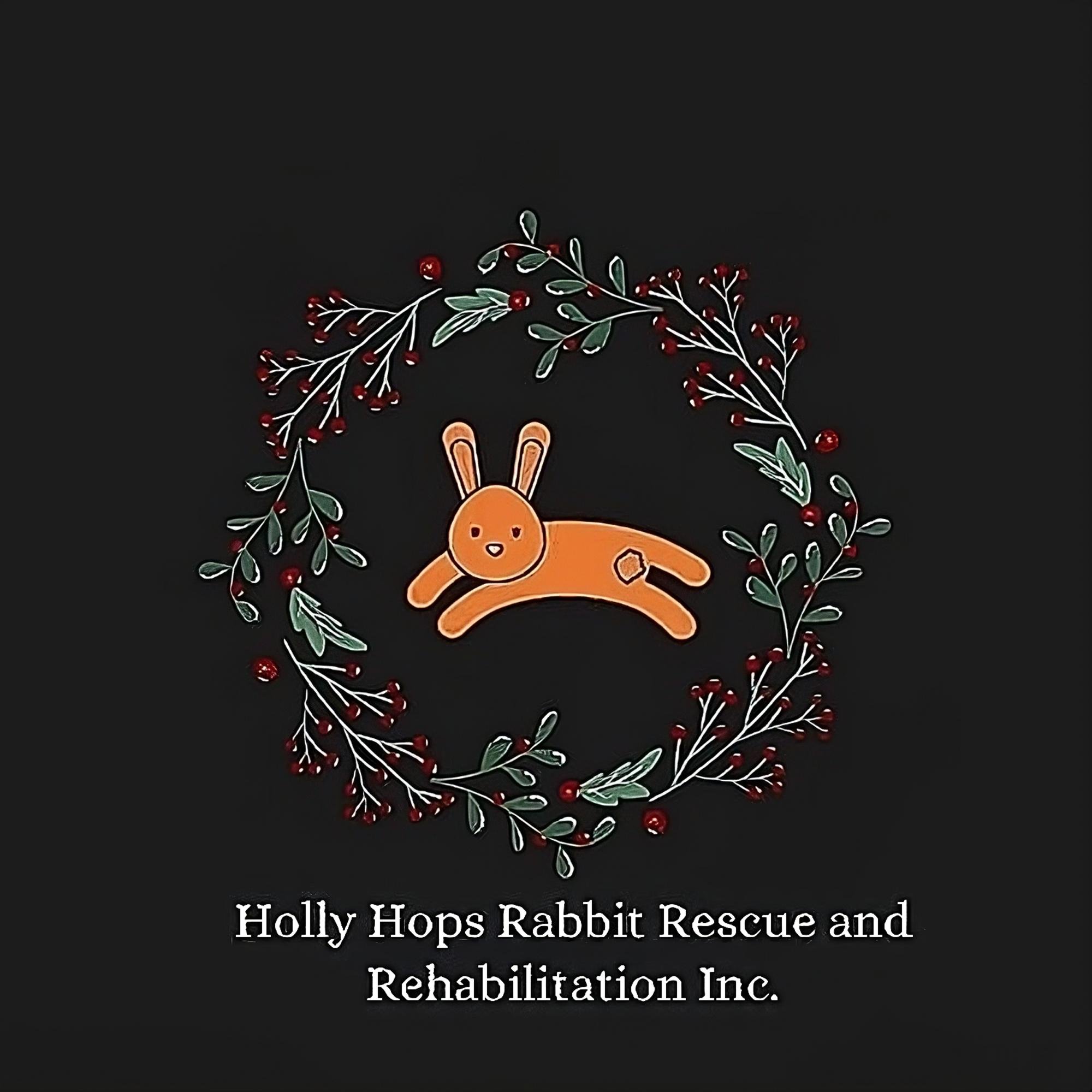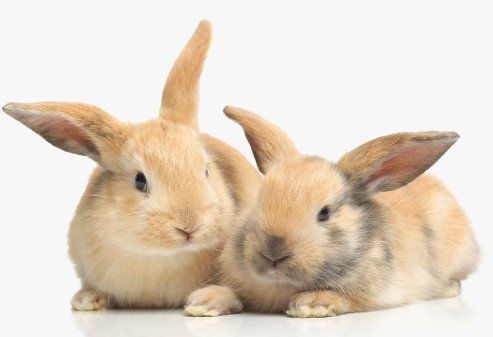
Holly Hops Rabbit Rescue and Rehabilitation Inc. is a federally registered 501(c)3 non-profit located in Florida. Our rescue operates on donations from people just like you! Want to help us help the rabbits?
Our mission is to rescue, rehabilitate, and rehome domestic rabbits that have been left to fend for themselves in dangerous situations or surrendered by people who can no longer care for them. We do this through a foster-to-adopt program that ensures the family is a good match for the rabbit. We also educate the public on indoor domestic rabbit care that benefits the rabbit and provides a safe living environment. Our methods are veterinarian-approved and we work closely with exotic veterinarians to provide the best care possible.

We are a foster-based rescue, with no facility to call home. If you would like to contribute to the rescue for supplies such as hay, food pellets, greens, litter box pellets, or the medical care of our rabbits, please do so. Every penny is important and without your help, we cannot continue our mission to help these wonderful animals.
Our partners are important to us. We also advocate for the care and education of guinea pigs in Central Florida and beyond.
Our rescue is part of Florida Rabbits and Guinea Pigs Education, a website dedicated to the education of domestic rabbit owners as well as guinea pig owners. Information is gathered from peer-reviewed journal articles from the medical and scientific world.
WHAT IF I FIND A WILD BABY BUNNY?
Baby rabbits (eyes closed and under 5 inches long) rarely wander out of their nests. Should you find one and the nesting site is known, return it to the nest with as little disturbance as possible. Mother rabbits will only tend to babies that are in the nest. Rabbit nests are shallow depressions lined with fur, usually found in tall grass. You may be able to find the nest by scouting around the grass and bushes in the general area where you found the baby.
Once you've placed the babies back in the nest you will need to make sure the mother is caring for them again. At least one hour before dusk or dawn, place a few long grass or straw blades in a cross-hatch pattern over the nest's opening. The mother comes to feed her babies only at these two times of the day. Check the nest again a few hours after dark or sun-up. If the mother has returned to the nest, the grass blades will have been disturbed and the babies will have firm, rounded abdomens.
Once rabbits are about three to four weeks old (5 inches or longer), they begin to leave the nest and become self-sufficient. They are vulnerable to animal attack at this age and are frequently captured by well-meaning people who think they are too small to be on their own. Wild rabbits rarely survive captivity, and, if uninjured, should be released in the area where they were found immediately. Injured rabbits should be taken to the nearest wildlife rehabilitator as soon as possible.
Florida Wildlife Care Center Inc.
24-hour helpline for information and referrals: (352) 371-4400.
We know that you love Chewy just like we do! When you shop please choose our rescue and check out our wish list. Bunnies always need good food and safe toys. Your help is always appreciated!


